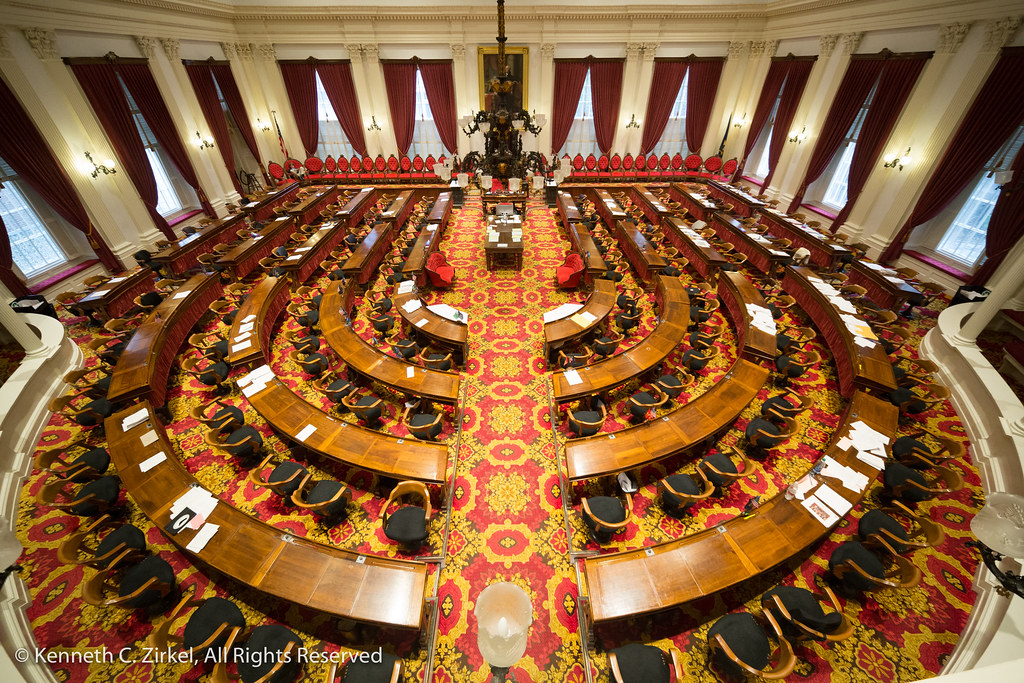Opportunity for Public Comments on Major Land Use Reports
The business and development communities are encouraged to provide feedback on the drafts of several milestone reports on land use policy. The Vermont Chamber is here to save you time by breaking down the key details and directing you on how to provide feedback. Reach out to Megan Sullivan to join a virtual meeting on Tuesday, November 21 at 11:00 AM and learn everything you need to know. The meeting will cover two draft reports by the Vermont Association of Planning and Development Agencies (VAPDA) and the soon-to-be-released draft report on necessary updates to Act 250.
Comments on the VAPDA’s Regional Planning Report and the Act 250 Municipal Delegation Report are being accepted until December 1. Two more draft reports, the Natural Resource Board’s Necessary Updates to Act 250 and Designation 2050 Evaluation and Reimagining Vermont’s Designation Program for the Next 25 Years, will be released in the coming weeks. Comments will be reviewed and integrated into the final reports in time for the legislative session.
During the upcoming session, the Vermont Chamber will be advocating for bold strategic solutions that work to meet the need for 80,000 new units of housing by 2035. Specifically, we need to invest in more solutions for middle-income Vermonters through appropriations and tax policy. Exemptions, more predictable and consistent processes, and redesigning state designation programs will support and incentivize resilient smart growth in larger geographic areas.
SHARE THIS ARTICLE
RECENT NEWS



